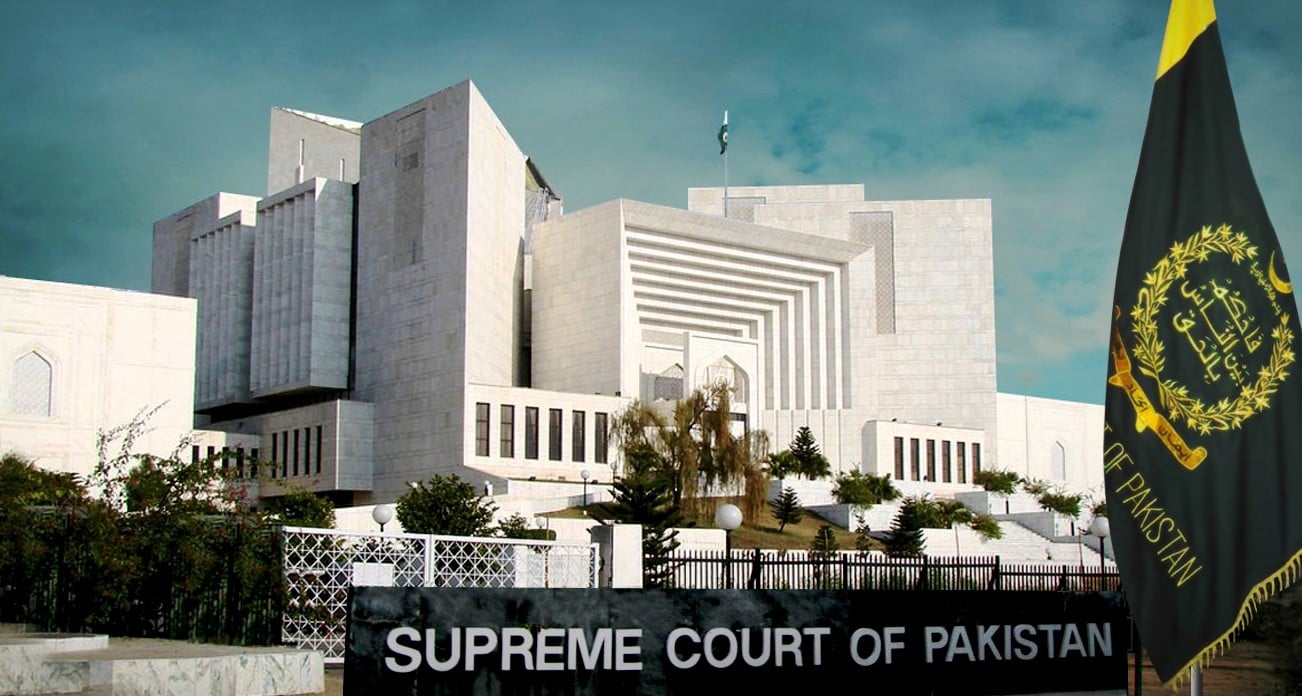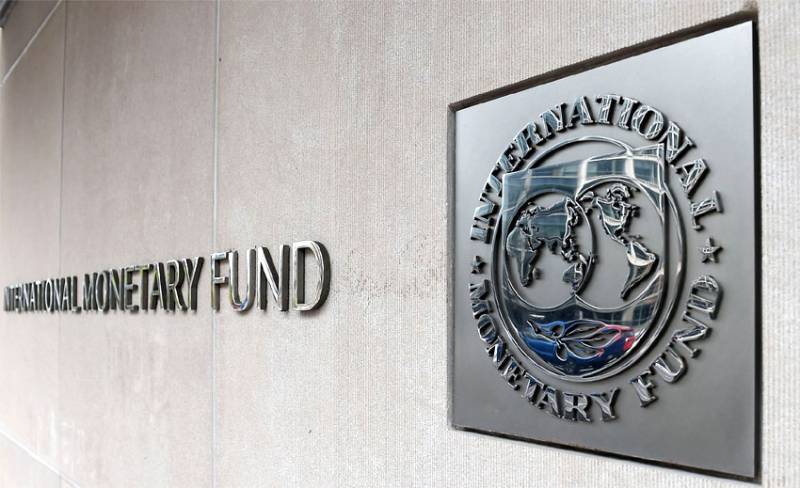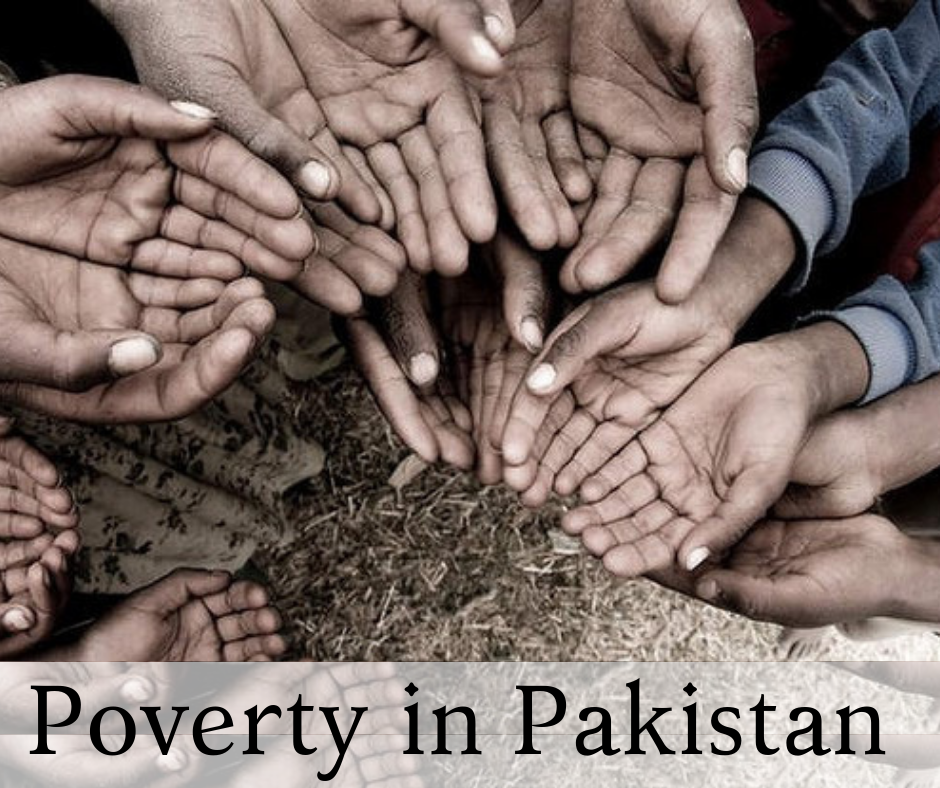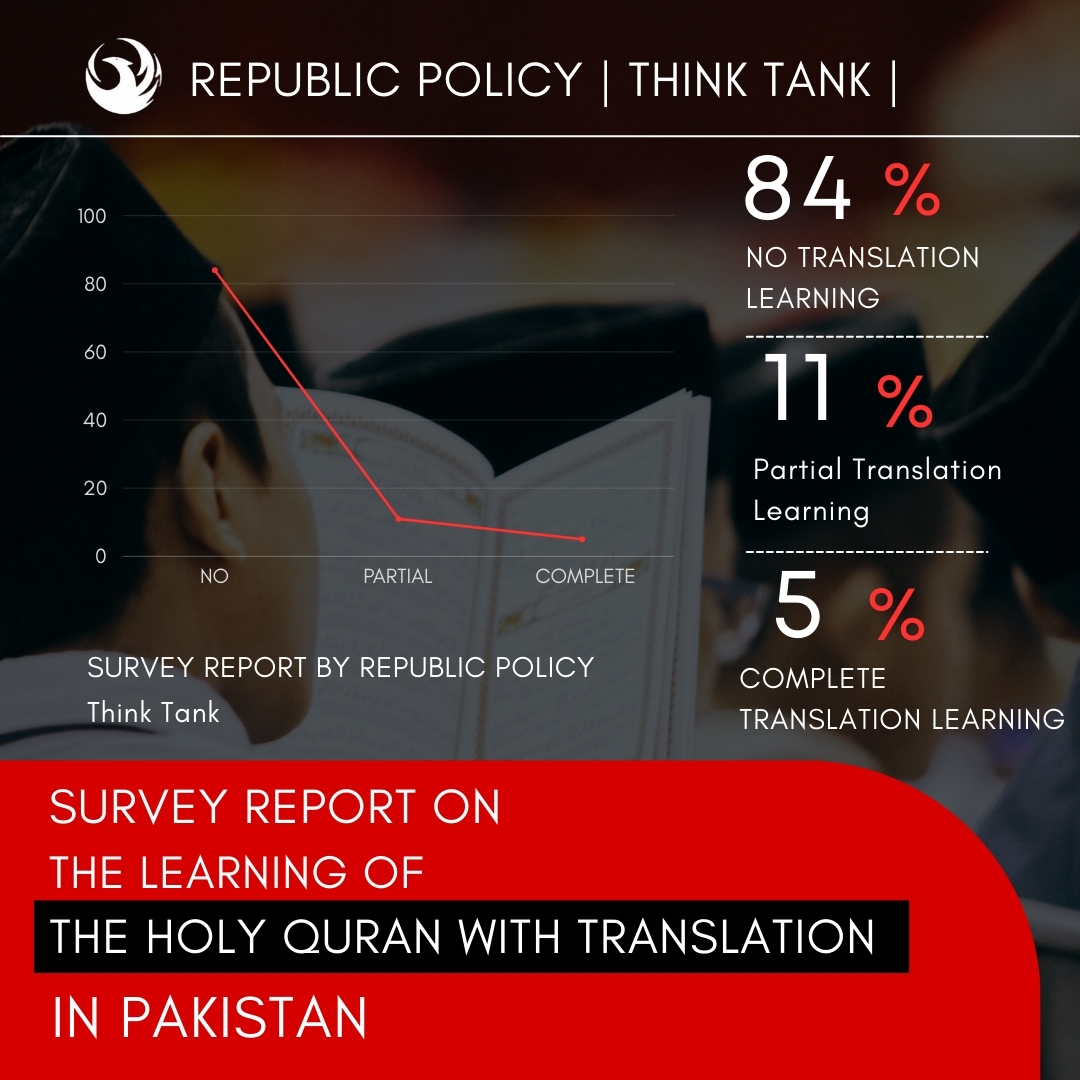Article !
Abdul Sattar Edhi was a Pakistani humanitarian, philanthropist and ascetic who founded the Edhi Foundation, which runs the world’s largest volunteer ambulance network, along with various homeless shelters, animal shelters, rehabilitation centres, and orphanages across Pakistan.
He was born in 1928 in Bantva, a small village in Gujarat, India, and migrated to Pakistan in 1947. He started his charity work by opening a free dispensary with the help of some community members. He later expanded his charity network with the help of his wife Bilquis Edhi, who would also run the Bilquis Edhi Trust. He died in 2016 at the age of 88 and was buried with full state honours.
Edhi dedicated his life to serving the poor and the destitute, regardless of their religion, caste, creed or nationality. He established a welfare foundation that provides a range of services. Edhi Foundation operates over 1,800 ambulances across Pakistan, which are available 24/7 for emergency and non-emergency cases. The ambulances are also used to transport dead bodies, donate blood, and provide first aid training. Furthermore, Edhi Foundation runs over 300 orphanages across Pakistan, where thousands of abandoned and orphaned children are given shelter, food, education and medical care. Foundation also arranges adoptions for children who are willing to be adopted.
The Edhi Foundation provides homes for the elderly and the disabled who have no family or support. The homes offer basic facilities such as beds, meals, clothing and medical care. The foundation also helps the residents to find jobs or vocational training if they are able to work. Edhi Foundation also provides safe havens for women who are victims of domestic violence, rape, trafficking or other forms of abuse. The shelters offer counselling, legal aid, education and skill development for the women. The foundation also helps them to reintegrate into society or find alternative accommodation.
Furthermore, Edhi Foundation runs rehabilitation centres for drug addicts, alcoholics and mentally ill people. The centres offer detoxification, medication, therapy and counselling for the patients. It also helps them to find jobs or education after recovery. The Foundation also runs animal shelters for stray and injured animals. The shelters provide veterinary care, vaccination, sterilization and adoption services for the animals. The foundation also campaigns for animal rights and welfare.
Importantly, Edhi’s social work can teach us many valuable lessons, such as:
Humanity above all:
Edhi believed that all human beings are equal and deserve respect and dignity. He did not discriminate between people based on their religion, ethnicity, gender or status. He helped anyone who needed his help without expecting anything in return.
Simplicity and humility:
Edhi lived a simple and humble life despite his fame and wealth. He wore simple clothes, ate simple food and slept on a wooden bench in his office. He did not own any property or assets except for his ambulance. He donated most of his earnings to his foundation.
Selflessness and dedication:
Edhi devoted his entire life to serving others. He worked tirelessly day and night to provide relief and comfort to those who suffered. He did not seek any recognition or reward for his work. He faced many challenges and threats but never gave up on his mission.
Compassion and empathy:
Edhi felt the pain and sorrow of others as his own. He cared for the sick, the injured, the orphaned, the homeless, the abused and the oppressed with love and kindness. He treated them as his family members and friends.
Action and innovation:
Edhi believed that actions speak louder than words. He did not wait for others to solve the problems of society. He took initiative and created solutions himself. He was innovative and resourceful in finding ways to meet the needs of people.
His 7th anniversary is being celebrated across Pakistan.

















































